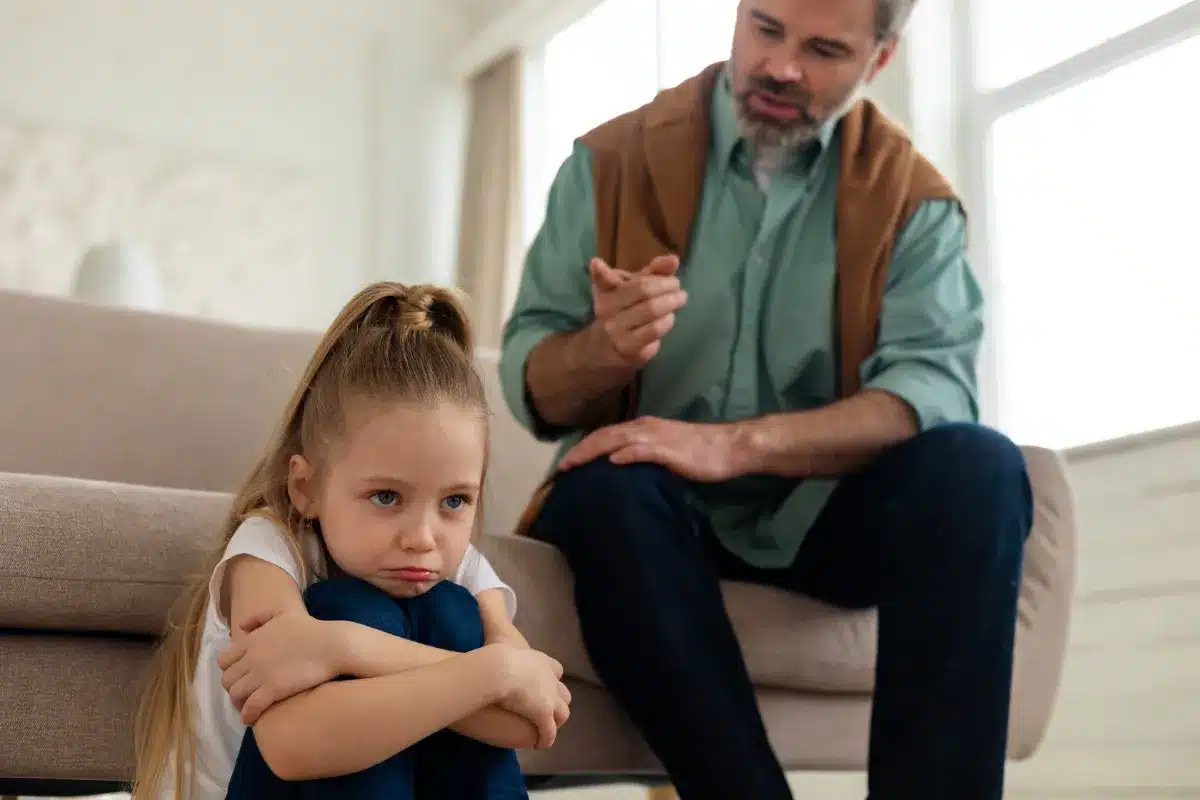Parenting is a journey full of ups and downs. It’s not just about taking care of your kids’ physical needs but also about nurturing their feelings. Learning the ins and outs of raising kids can really shape how happy they are and help them grow. As Carl Rogers once said, “The good life is a process, not a state of being. It is a direction, not a destination” (meaning that life is constantly evolving). This idea fits perfectly when it comes to raising children.
Overlooking feelings
Our feelings are like wild horses—energetic and sometimes unpredictable. Sometimes, parents might accidentally skip over their kids’ emotional needs, thinking it builds toughness. But without that emotional support, kids can feel lost, much like a ship drifting in rough waters (which can lead to feelings of sadness and confusion).
Parents: 8 Boundaries You Should Never Cross With Your Adult Child
Sky-high expectations
Setting expectations for kids can feel a bit like walking on a tightrope. Some parents might expect nothing but “A’s” in school. While shooting for high grades can be motivating, if the bar is set too high it might make kids feel anxious and unsure of themselves. Recognizing and praising the effort they put in (instead of just perfect results) can really help boost their confidence and calm the nerves.
Missing out on affection
Affection is like speaking the language of love—it forms the basis for someone’s emotional well-being. When kids don’t get enough hugs or a pat on the back, they might end up feeling disconnected or even a bit blue. A little physical love sends a big message that they are safe and important, so skipping on it can leave an emotional gap even if the love is there in other ways.
Being way too hard on them
Criticism can be a real slippery slope. Sure, some feedback is helpful, but too much negativity can chip away at a kid’s self-worth. Parents who constantly focus on what’s wrong—often with the best intentions—might unwittingly plant seeds of self-doubt. Taking a moment to choose kinder words and offering feedback that builds up rather than tears down keeps the self-esteem intact while still encouraging improvement.
Mixed signals in discipline
Discipline helps kids learn what’s acceptable, but being all over the place with rules can leave them confused. If the guidelines keep changing without clear boundaries, it creates an unstable space that can make kids feel insecure. Having steady, clear rules (so they know what to expect) helps create that safe feeling everyone needs to grow up well.
Being too overprotective
It’s natural for parents to want to protect their kids from harm, but being overly cautious can sometimes hold them back. Kids need space to mess up a bit and figure out things on their own. Finding the sweet spot between keeping them safe and letting them take risks builds confidence and independence over time.
Not enough heart-to-heart talks
Good communication is like the bridge connecting hearts and minds. When families don’t talk enough, it can create a sense of isolation or misunderstanding. Without open conversations, kids might struggle with sharing their feelings and learning how to manage them. Encouraging honest, down-to-earth chats can really strengthen the bond between parents and kids (and help everyone feel more understood).
Missing positive role models
Kids are always watching, learning how to act from those around them. If parents fail to show positive behavior, it sets the stage for unhappiness later. Being a good example means living by the values you hope your child will pick up on (sometimes, actions do speak louder than words). Modeling the traits you want them to see helps teach them how to lead a happier life.
Parenting goes way beyond just meeting basic needs. It’s about creating an environment where happiness can grow by understanding feelings, setting realistic expectations, sharing warmth, talking openly, and being that positive example every step of the way (all of which helps in building a better future together).








